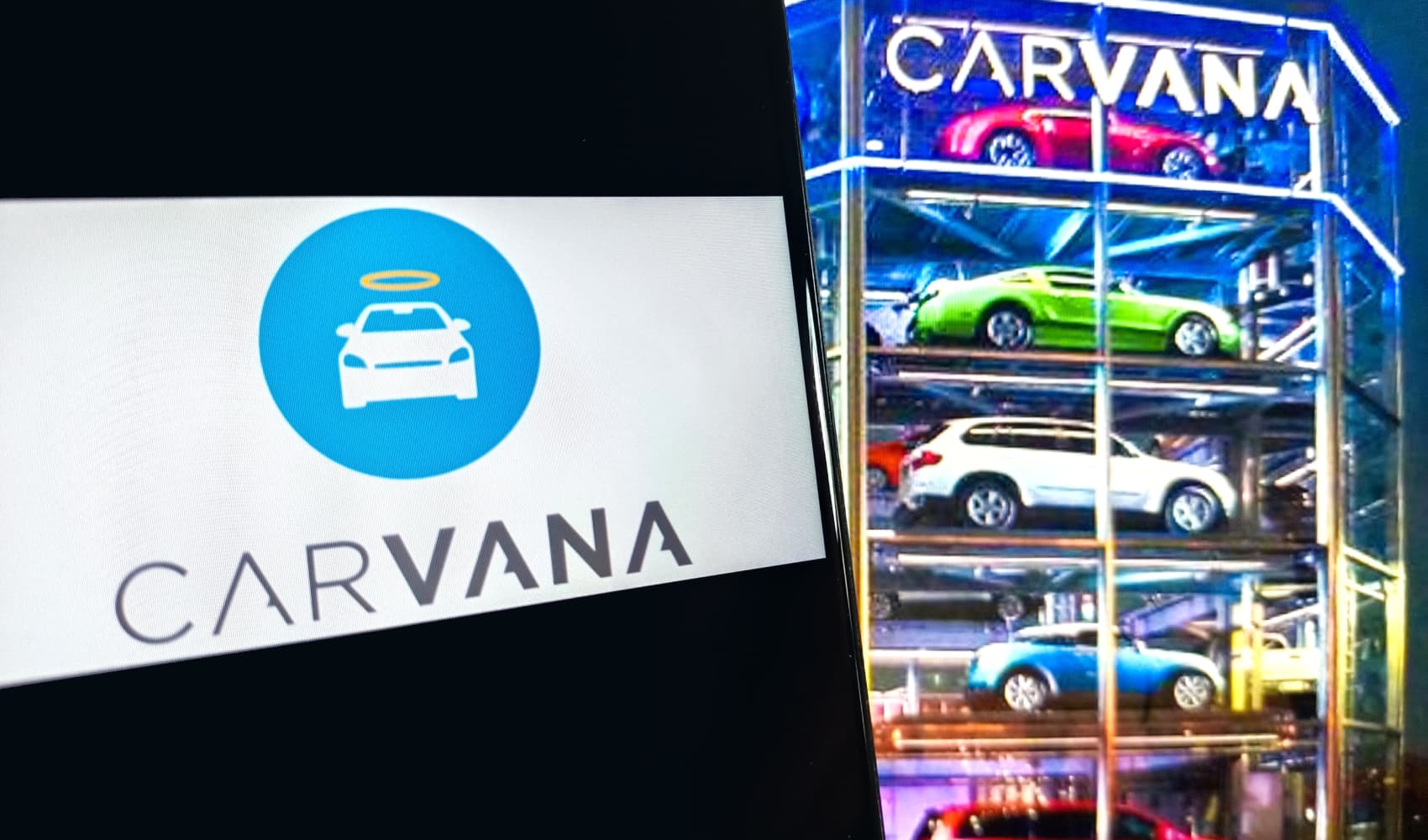
So far, the Elon Musk version of the world is winning. Even as sales of EVs are starting to take off, fuel cell-powered vehicles remain a tiny market niche. Hydrogen-powered fuel cells may have advantages to battery-powered EVs, but they're expensive, lack charging infrastructure, and have never had a Tesla-esque breakthrough with the public. Musk famously called them "fool cells" several years back.
Where have fuel cells made more inroads? In the "material handling business," led by Plug Power's success with forklifts, for instance; in specific, on-site locations where commercial and industrial customers need backup, reliable energy (think research facilities); and occasionally, with buses, led by Ballard Power, and long-range trucks, despite Nikola's high-profile stumbles.
But for all the promise of "hydrogen" power, fuel cell plays have largely disappointed investors. Even this year, with D.C. working on tons of new clean energy fiscal support, Plug Power is down 21%, Bloom Energy is down 32%, Ballard is down 34%, and Fuelcell--a company which went public almost thirty years ago!--is down 40%. Meanwhile, Nikola went public at around $37 last June, and is trading under $11 today.
Plug Power did get an upgrade to overweight at Piper Sandler today, although that's in part because the stock performance has been so disappointing that the shares now "offer an attractive entry point." To its credit, Plug Power is pressing ahead with new "green" hydrogen plants powered by renewables; ironically, one of the flaws with hydrogen power has been the natural gas typically required to produce it. (For more, check out Forbes' deep dive on Bloom's struggles last year.)
Get top local stories in San Diego delivered to you every morning. >Sign up for NBC San Diego's News Headlines newsletter.
But the other obvious trend working against the growth of more fuel cell power is the plunge in the cost of solar and wind, as we've been discussing. Even those renewable providers struggle to provide strong financial returns to investors, let alone fuel cell technology which is a relatively mature industry still trying to grow its top-line.
The early excitement around Nikola suggests that there is still an opportunity to reengage the public with fuel cell technology--and it may yet be a dazzling, if niche, success. But the burden of proof is now squarely on these providers to pull it off. And investors are right to wait on the sidelines in the meantime.
See you at 1 p.m!
Money Report
Kelly






